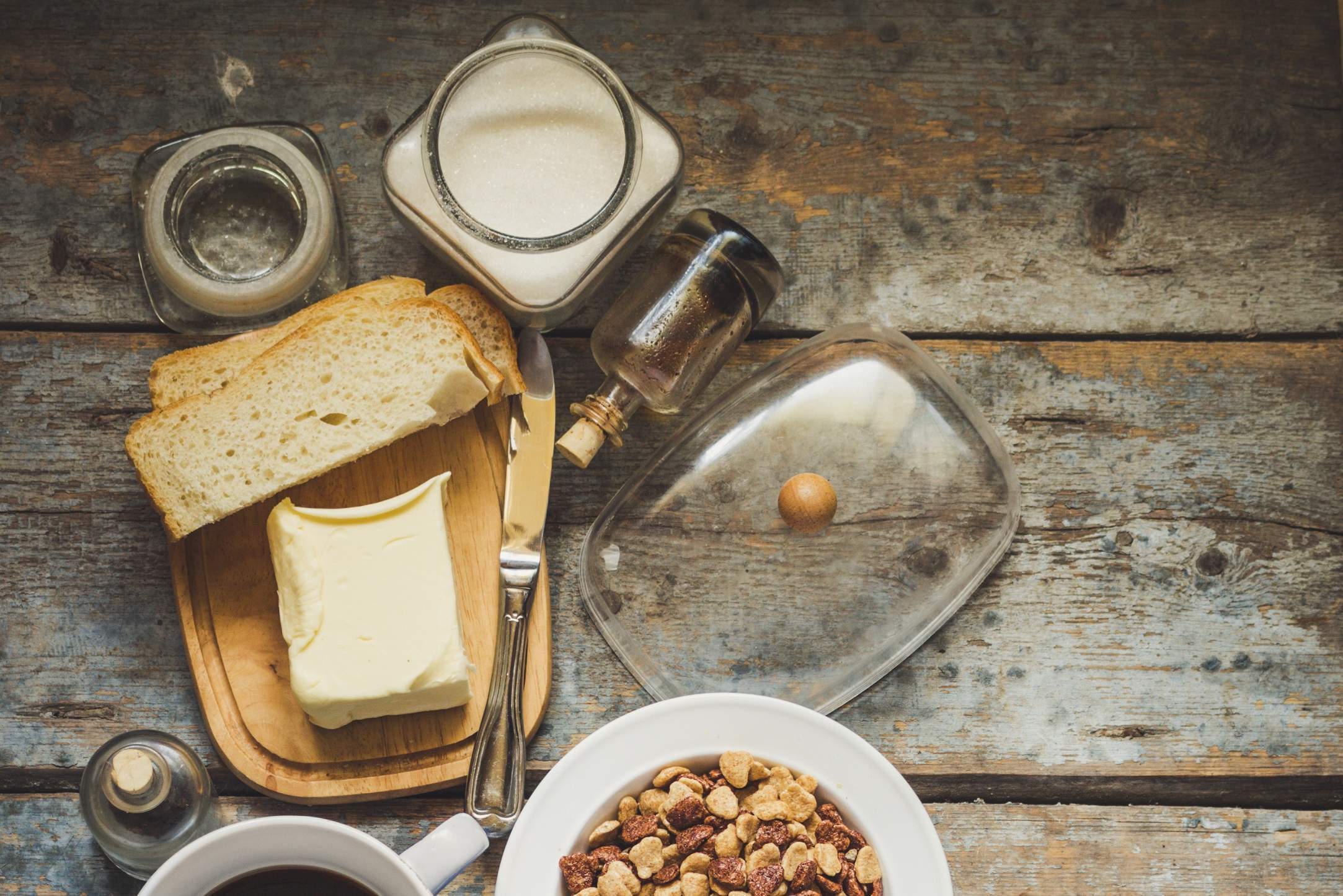
Australia and Europe are currently undergoing a butter crisis after falls in supply are starting to push up prices.
According to the Global Dairy Trade, prices for butter have been steadily rising since November 2016, peaking earlier this year in September. As well, research by UK-based food industry magazine The Grocer found that prices of butter blocks in supermarkets like Tesco and Waitrose have been going up by nearly 53 percent in the past year.
It’s not just butter that’s subject to the price rise. Due to its widespread usage, prices of butter-containing products are on the up. In France, prices of butter have risen 92 percent, leading to fears of price hikes of one of the nation’s most well-known products: the croissant.
This fall in supply has been matched by a rise in demand across the world, creating the “perfect storm” for a crisis, according to Ronan Stafford, a lead analyst in food for GlobalData.
Here are the reasons for the current butter crisis.
1. The milk pricing crisis
In 2015, the European Union (EU) relaxed its regulations of dairy production. This caused a rush of people investing in dairy, leading to a price crash. “This was to the point where suppliers went out of business,” explained Stafford.
How well do you really know your competitors?
Access the most comprehensive Company Profiles on the market, powered by GlobalData. Save hours of research. Gain competitive edge.

Thank you!
Your download email will arrive shortly
Not ready to buy yet? Download a free sample
We are confident about the unique quality of our Company Profiles. However, we want you to make the most beneficial decision for your business, so we offer a free sample that you can download by submitting the below form
By GlobalDataAround 18 months later, this disruption in the supply chain caused by producers going out of business is being pushed on to the consumers with rising costs.
2. Butter is no longer considered to be evil
After years of consumers being warned that butter is full of fat, recent backtracks by health experts have espoused that butter is, in fact, a good fat. Companies like McDonald’s have switched from using margarine to butter after consumers demanded more natural products.
Stafford said:
In places such as western Europe and America, there has been a change in the view on fat. We were using margarine but recent news stories say that fat is good for you. On a global level, this is making demand go up.
In particular, the BBC notes that because we’re drinking less skimmed milk, because now people are drinking more full-fat milk, there is also less cream around.
3. We all love cake (and butter)
Butter appears in so much of our foods. In the UK, the increase in baking following shows such as The Great British Bake Off has been credited for demand in the product growing. Premier Foods, behind cake brands such as . r Kipling, has warned that costs of its cakes go up as a result.
The company’s corporate affairs director, Richard Johnson, said:
“We can’t say there won’t be price increases, there probably will be next year, but we are very much in the camp of limited increases.”
4. The Chinese effect
The UN’s Food and Agriculture Organisation (FAO) reported in its September index that butter remains one of this year’s most in-demand dairy products “especially in Asia”. According to the Australian Daily Telegraph, the value of dairy exports from Australia to China has risen from $144m five years ago to almost $403m.
Stafford said that the explosion of the affluent middle classes in recent years in countries including China and Vietnam are causing the demand.
“Firstly, the middle classes have the money to buy premium products and second, they will now have a supermarket around the corner to buy [butter], whereas a few years ago the investment in retail and distribution just wasn’t there.”
What’s going to happen at Christmas?
The chief executive of dairy production company Arla, Peder Tuborgh, told the BBC there would be a butter and cream shortage by Christmas.
Tuborgh said:
“At Christmas time there will simply not, in Europe, be enough butter and cream around. We know that as an industry. I know that from our forecasting. The price of butter will rise very sharply and there is come to come.
However, companies are likely to have prepared for this in their Christmas forecasting so they should have ample supply for the UK’s mince pies, said Stafford. As well, the competition for retailers during Christmas is so high, supermarkets will likely absorb costs themselves instead of passing it on to consumers.
Stafford added:
“The big four will be worried about the impact of Aldi and Lidl this year. For instance, if Tesco wants to attract a customer back from say Aldi, it will not put up its prices.”
The big question is if we could really start to see problems and price rises in early 2018.
“The one good thing about the price of butter being so high is that it does make it more attractive for more people to move in and for current suppliers to expand their operations.
“We could see new players in the game or the ones in there could have a little more money so they can go on producing on investing in more stock for next year.”
Yet, for the crisis to be over it depends on manufacturers reformulating so they don’t use as much butter and for new and existing suppliers to ramp up supply. This will need to happen “before prices will come down to a more reasonable level,” said Stafford.







